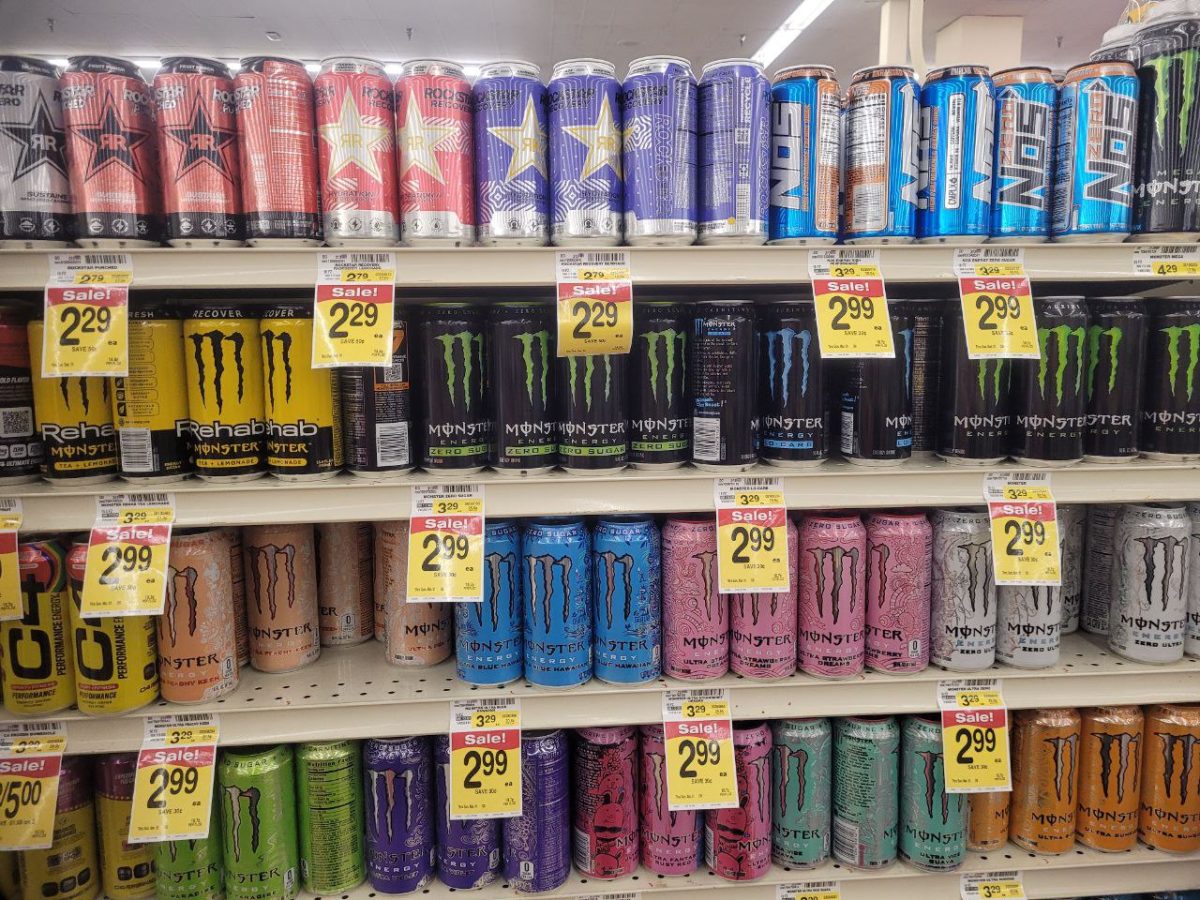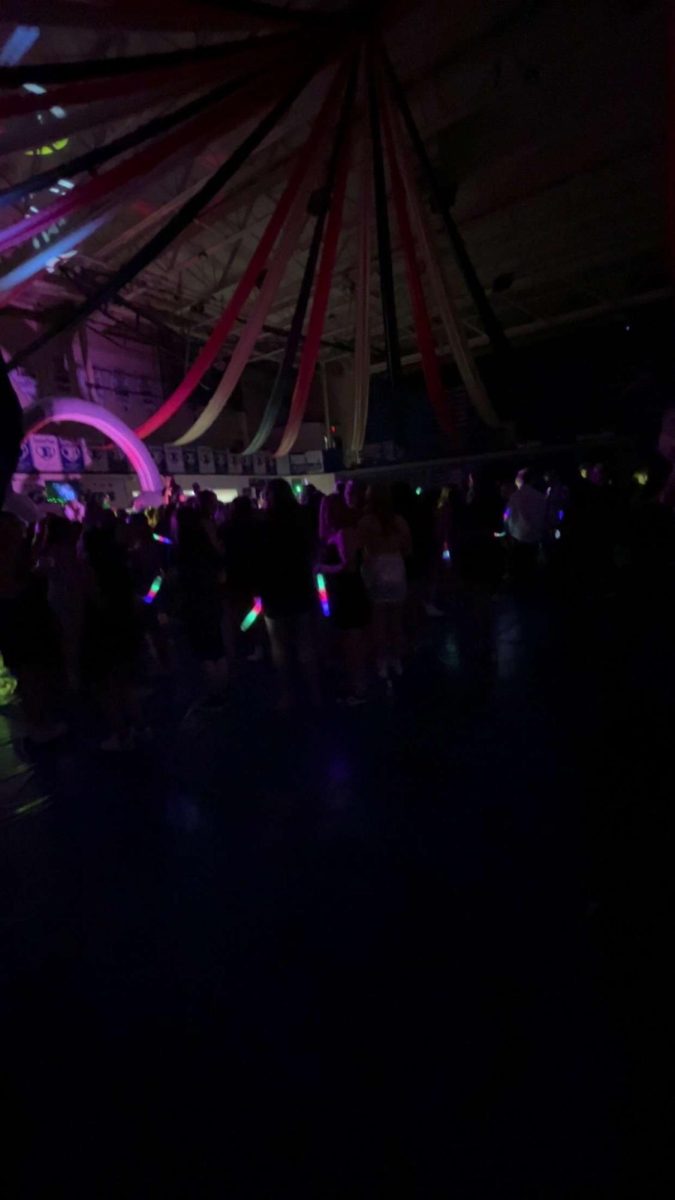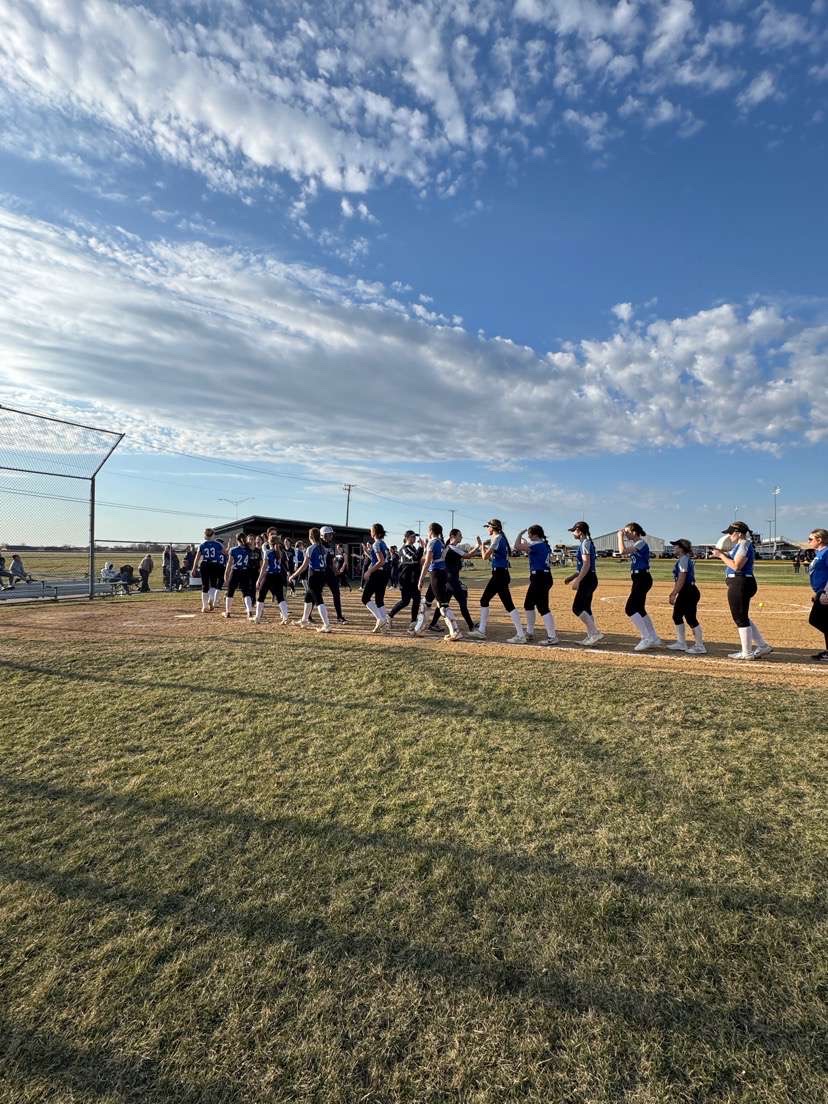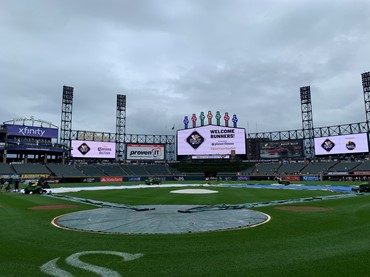Energy drinks. About 30% of U.S. adults consume energy drinks at regular, and about 55% of adolescents drink them at least once a week. There is a variety of sources of caffeine readily available to us: coffee, tea, soft drinks, “energy shots,” and sports drinks. Yet, energy drinks have increasingly become the number one choice for caffeine, especially among young adults and adolescents to boost performance and alertness. However, these drinks are doing more harm than good.
Manufacturers of energy drinks aggressively advertise their products to young people. Sporting events, brand deals on social media, music festivals, and even video games are used to push the agenda that these “elixirs” will boost your energy, enhance your performance, and help you focus. According to a study from the U.S. Centers for Disease Control and Prevention, 20% of young adults think that energy drinks are safe drinks for teenagers.
Energy drinks are typically loaded with caffeine, sugar, sodium, and stimulants such as guarana, taurine, and L-carnitine. According to the National Library of Medicine, the “acceptable” caffeine intake for adolescents is 2.5 mg per kg of body weight, or around 100–175 mg. Energy drinks typically contain 160-280 mg of caffeine per can. By comparison, a cup of brewed coffee contains only 70-150 mg of caffeine.
These chemicals increase blood pressure, heart rate, and breathing. Adolescents usually develop symptoms of caffeine intoxication in doses above 200 mg- the usual amount in energy drinks. Reports of young adults seeking medical attention with symptoms such as dehydration and heart palpitations due to energy drink consumption have increased. According to Epic Research, the number of caffeine-related ER visits for adolescents doubled from 2017 to 2023. The CDC reports that almost 2,000 adolescents visiting the emergency room for an energy drink related health issue. Reports have suggested that energy drinks may contribute to stroke and seizures as well.
From cardiovascular problems and insomnia to long-term mental and physical health complications, the dangers of energy drinks are real and often ignored. The young population especially must learn to see these serious health risks and make informed choices. It is time to rethink what “energy” really means, and whether it is worth the cost
















